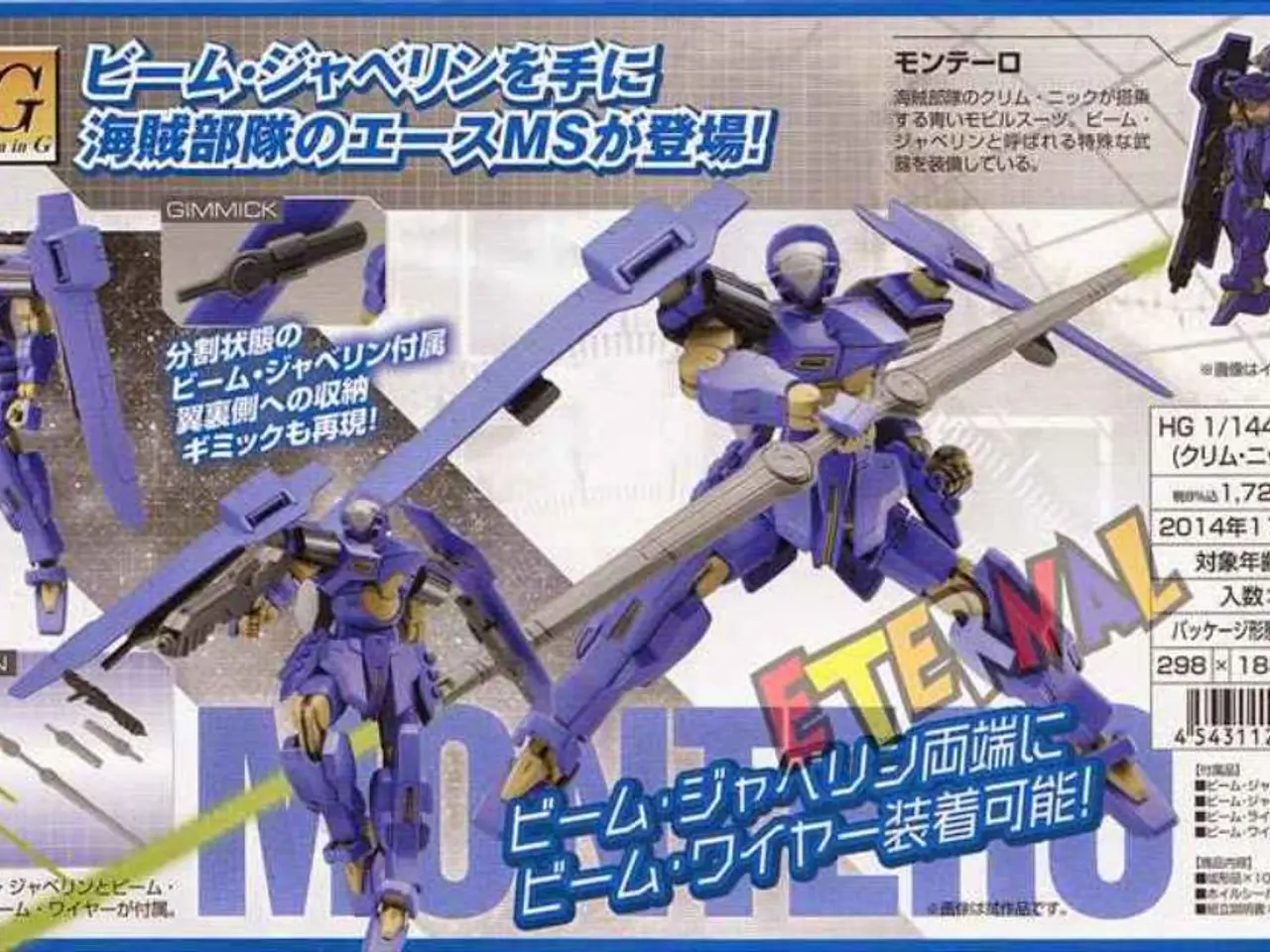"Robotics from Bossa Nova Revolutionizing Stock Control in Retail Sector"
Bossa Nova Robotics Transforms Retail Inventory Management
Bossa Nova Robotics is revolutionizing the retail industry with its autonomous shelf-scanning robots, designed to automate and streamline inventory management tasks. These robots, currently being applied in retail automation and inventory management, offer a multitude of benefits for both retailers and customers.
In stores, Bossa Nova's robots work tirelessly, scanning shelves and monitoring stock levels in real-time. This helps prevent stockouts and misplaced items, ensures accurate product locations on shelves for better customer service, and assists with restocking by identifying which products need replenishment. By reducing human error and improving efficiency in inventory audits, these robots enable faster replenishment cycles and improve demand forecasting while minimizing shrinkage due to theft or mismanagement [1][2][3].
Bossa Nova's robots leverage advanced AI techniques, including computer vision with edge AI, allowing for quick, real-time decision-making critical for store operations. They navigate store aisles autonomously, conducting real-time inventory audits and identifying pricing inaccuracies [1]. Furthermore, the robots utilize 3D vision systems to create precise maps of store layouts and monitor stock levels continuously [3].
As we look towards the future, the role of Bossa Nova Robotics and similar AI-powered autonomous mobile robots (AMRs) in retail is expected to expand significantly. This expansion is driven by several trends, including the increasing integration of machine learning and deep learning models to enhance image recognition and predictive inventory management capabilities [2].
Adoption of complementary technologies such as RFID and LiDAR is also anticipated. These technologies improve scanning speed, accuracy, and navigation within stores and warehouses, allowing robots to read multiple item tags simultaneously without a direct line of sight and supporting precise autonomous navigation in dynamic environments [2].
The growing demand for contactless and socially distanced inventory solutions, accelerated by the COVID-19 pandemic, continues to drive innovation and adoption in this market [2]. Additionally, the expansion of multimodal AI systems integrating shelf-scanning robots with warehouse automation and logistics optimization could create a more seamless supply chain that proactively manages inventory and restocking based on predictive analytics [1].
Integration with data-driven store operations platforms could also enable retailers to be more responsive, efficient, and customer-focused by leveraging insights gathered from robotic systems across the supply chain [5].
Implementing Bossa Nova's solutions leads to enhanced inventory accuracy, resulting in reduced operational costs and improved profitability for retailers. Retailers utilizing Bossa Nova's technology report inventory accuracy improvements of up to 98%, translating to fewer stockouts and waste [1][2][3]. Potential sectors for market expansion include grocery chains, pharmacies, and e-commerce fulfillment centers. Bossa Nova Robotics plans to grow its presence both domestically and internationally, targeting diverse retail environments beyond traditional stores [1][2][3].
In summary, Bossa Nova Robotics is currently enhancing retail inventory accuracy and operational efficiency via autonomous shelf-scanning robots. Future developments will further embed AI, robotics, and complementary sensing technologies to create highly automated, intelligent retail environments with predictive, dynamic inventory and supply chain management [1][2][3][5].
- In the retail industry, technology, such as artificial intelligence and robotics, is being utilized by Bossa Nova Robotics to automate and optimize inventory management tasks.
- Bossa Nova's autonomous shelf-scanning robots are leveraging computer vision with edge AI, enabling real-time decision-making that is critical in store operations.
- The implementation of these robots can lead to improved productivity, as retailers can expect inventory accuracy improvements of up to 98%, resulting in reduced operational costs and improved profitability.
- Innovation in technology, including the integration of machine learning, deep learning models, RFID, LiDAR, and data-driven store operations platforms, will further enhance the role of AI-powered autonomous mobile robots in retail.




